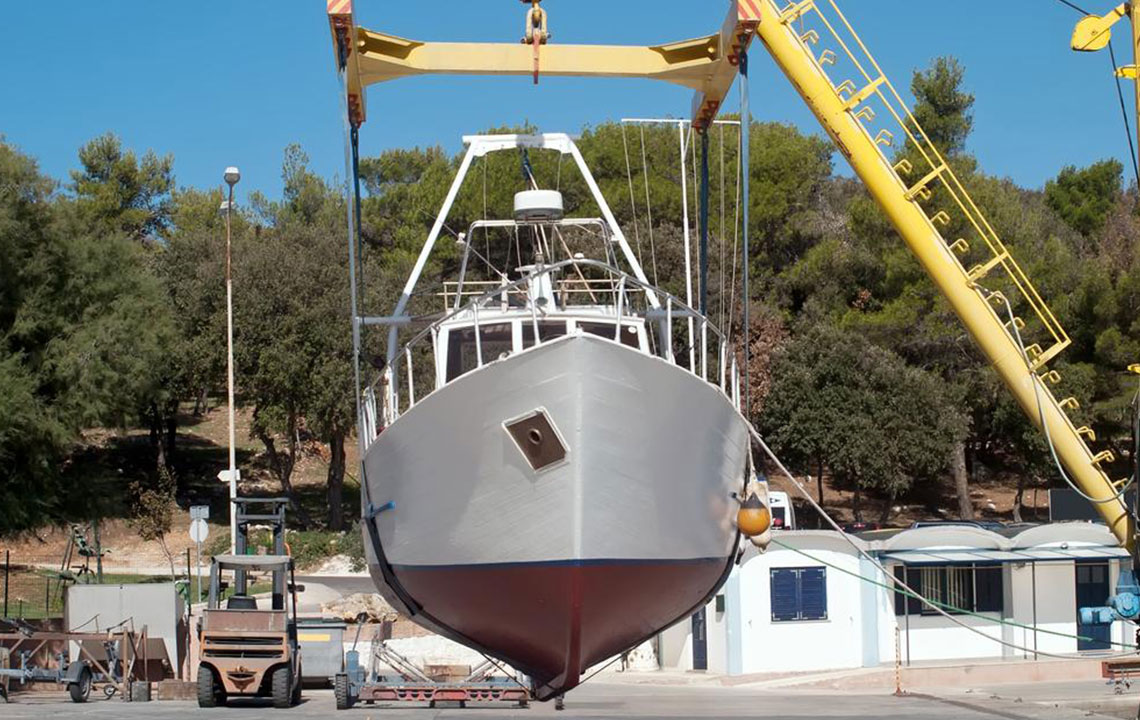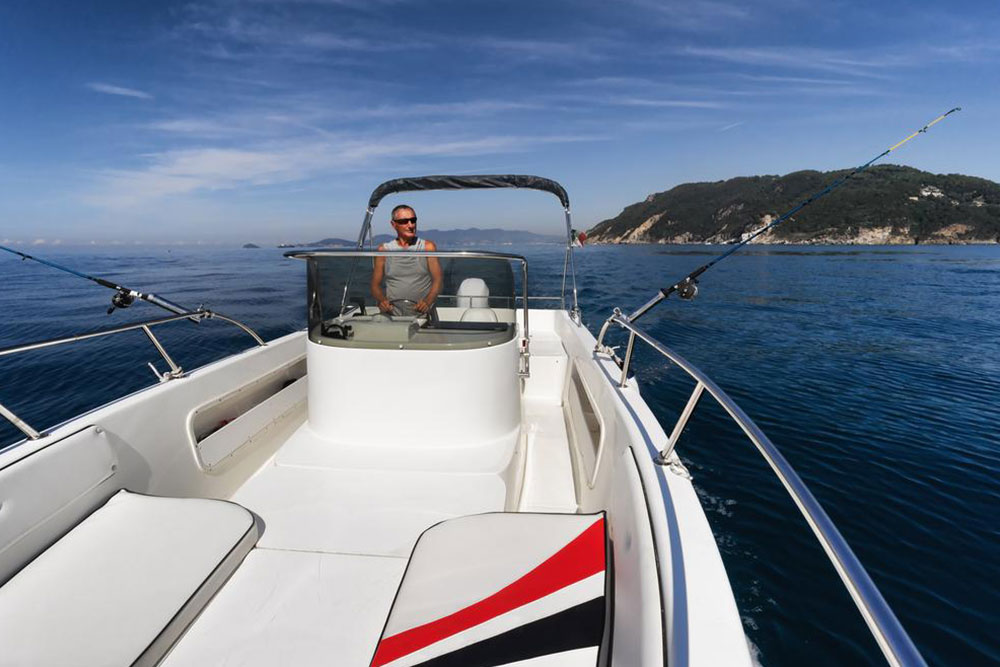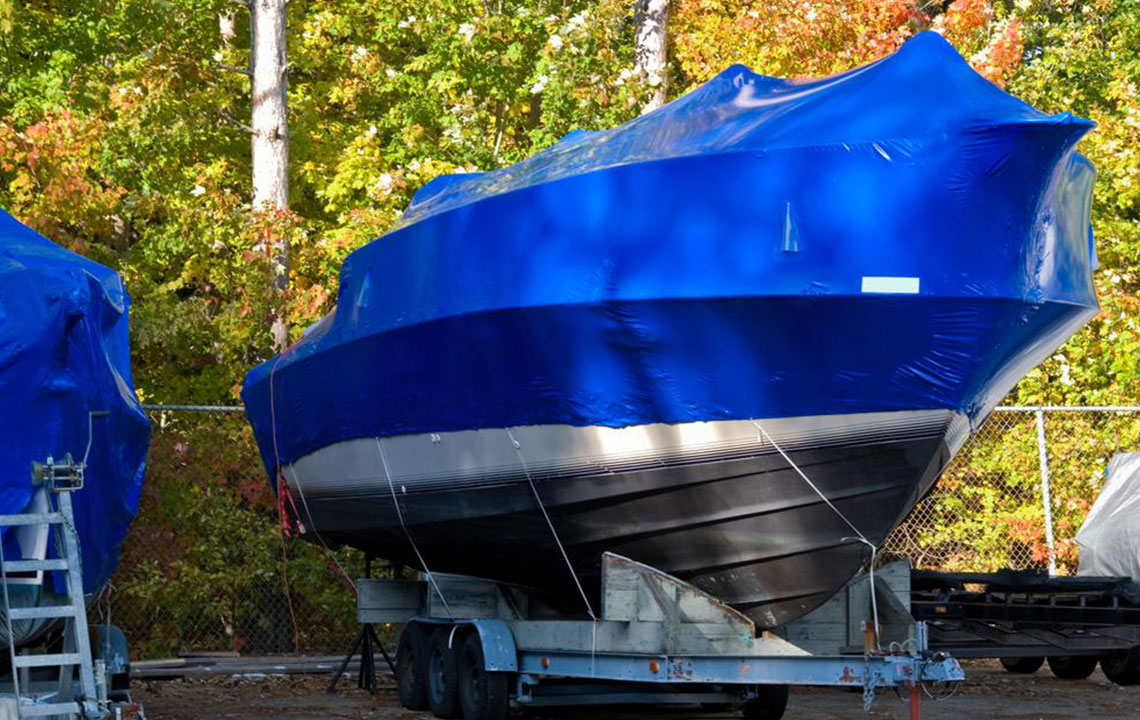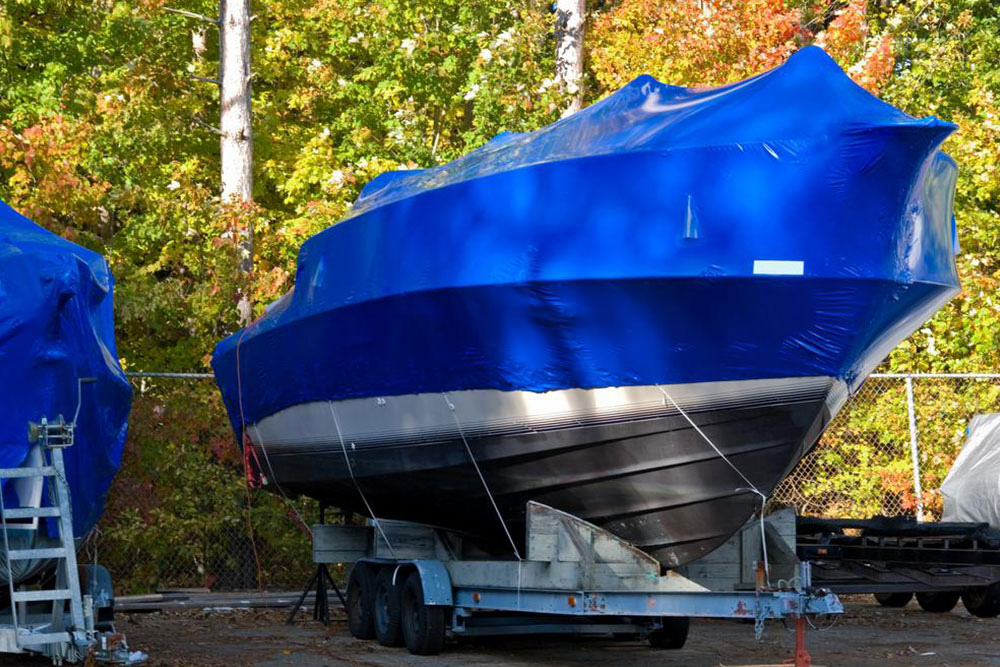Comprehensive Comparison of Fixed Value and Depreciated Value Boat Insurance Policies
This comprehensive guide compares Fixed Value and Depreciated Value boat insurance policies, detailing their benefits, limitations, and suitability for different boat owners. Learn how to choose the best coverage to protect your investment, whether you prioritize certainty and full coverage or affordability and flexibility. Understanding these options can help you make informed decisions to ensure your boat and your financial security are well protected in case of damage or loss.
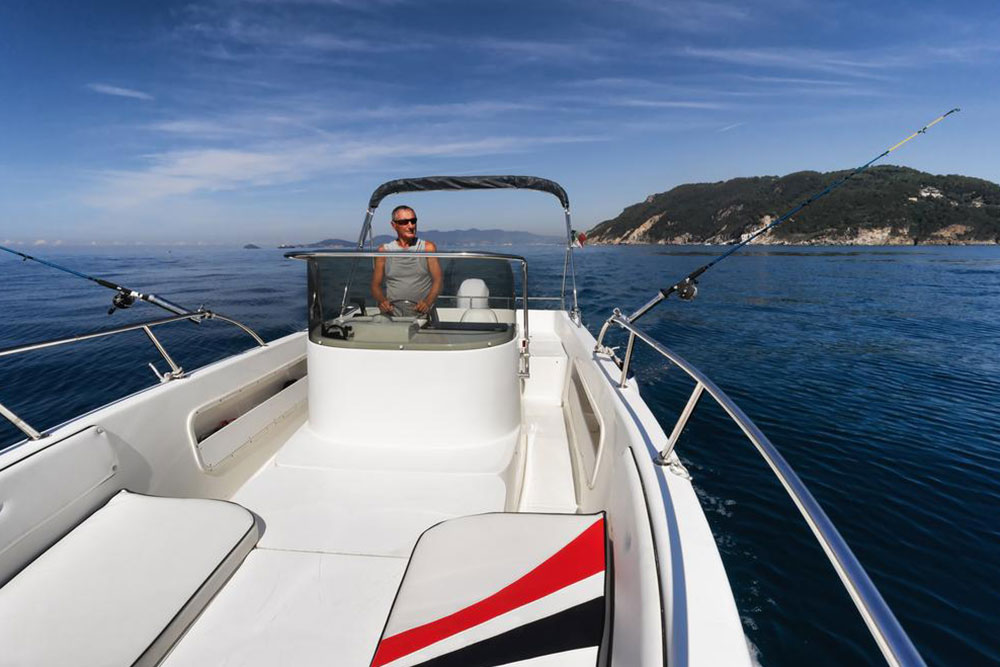
In-Depth Guide: Fixed Value (Agreed Value) vs. Depreciated Value (Actual Cash Value) Boat Insurance
Securing the right insurance coverage for your boat is a critical step in protecting your investment and ensuring peace of mind. One of the fundamental decisions boat owners face is choosing between two primary types of insurance policies: Fixed Value (also known as Agreed Value) and Depreciated Value (or Actual Cash Value). These two options significantly differ in terms of coverage, payout calculations, premiums, and overall suitability for different boat owners. Understanding these differences is essential for selecting the most appropriate policy that aligns with your financial situation and boating needs. Below, we delve into a comprehensive comparison of these two insurance types, exploring their advantages, disadvantages, and key considerations.
Fixed Value (Agreed Value) Boat Insurance: Ensuring Predictability and Full Coverage
A Fixed Value, or Agreed Value, policy guarantees a pre-established amount of compensation in the event your boat sustains damage or becomes a total loss. When you take out this policy, you and the insurance provider agree upon the value of the boat at the outset, which remains constant throughout the policy period. This predetermined value forms the basis of your payout if a claim is made, providing clarity and financial security for boat owners who want to protect their investment.
One of the key benefits of a Fixed Value policy is the certainty it offers in settlement processes. In cases where repairs are partial, claims are typically settled on a 'like-for-like' or 'new for old' basis, ensuring you receive an amount close to the insured value. For example, if your boat is insured for $50,000 and it gets damaged, you can expect your insurer to compensate you up to that full amount, assuming coverage for the specific incident. This approach minimizes disputes over valuation and helps owners plan their finances effectively.
Another advantage of Fixed Value coverage is the straightforward application process. Since the value is agreed upon upfront, it simplifies the underwriting and claims settlement procedures. Despite generally higher premiums compared to depreciation-based policies, Fixed Value insurance offers comprehensive protection that many boat owners find worthwhile, especially for newer or custom-designed vessels where replacement cost is high.
However, it's important to note that this policy may have coverage exclusions, especially pertaining to certain types of accidents or damages. Always review the policy details carefully and consult with your insurer to understand what is covered and what is not. Additionally, because the payout is fixed, it may not account for market value fluctuations over time, which could influence your decision depending on your long-term ownership plans.
Depreciated Value (Actual Cash Value) Boat Insurance: Cost-Effective but Less Predictable
In contrast, a Depreciated Value policy, often referred to as Actual Cash Value (ACV), calculates payout based on the current worth of your boat at the time of a covered loss. This valuation takes into account factors like age, wear and tear, prior damages, and market depreciation. As a result, the payout may be significantly less than the original purchase price or the insured value, especially for older vessels.
The main draw of Depreciated Value coverage lies in its affordability. Premiums are generally lower than Fixed Value policies, making it an attractive option for owners of older boats or those on a tight budget. Additionally, claims tend to be simpler and faster to process because the valuation is based on a straightforward assessment of current market value.
However, the trade-off for lower premiums is reduced coverage. Owners should be aware that if their boat sustains significant damage or is declared a total loss, the compensation will reflect the current market value rather than the replacement cost or insured amount. This can lead to financial gaps, particularly for boats with sentimental or high monetary value beyond their market price.
When deciding between these options, boat owners should evaluate their vessel's age, value, usage, and their financial ability to absorb potential losses. If the boat is relatively new, valuable, or custom-built, a Fixed Value policy might provide peace of mind. Conversely, if the boat is older or less valuable, a Depreciated Value policy could be sufficient and more economical.
In summary, understanding the nuances between Fixed and Depreciated Value boat insurance policies is vital for making an informed decision. Each type offers distinct advantages and limitations, and your choice should align with your specific needs, budget, and risk tolerance. Consulting with qualified insurance agents and thoroughly reviewing policy details can help you select the plan that best safeguards your boating investment and ensures you are well-prepared for unexpected events.

